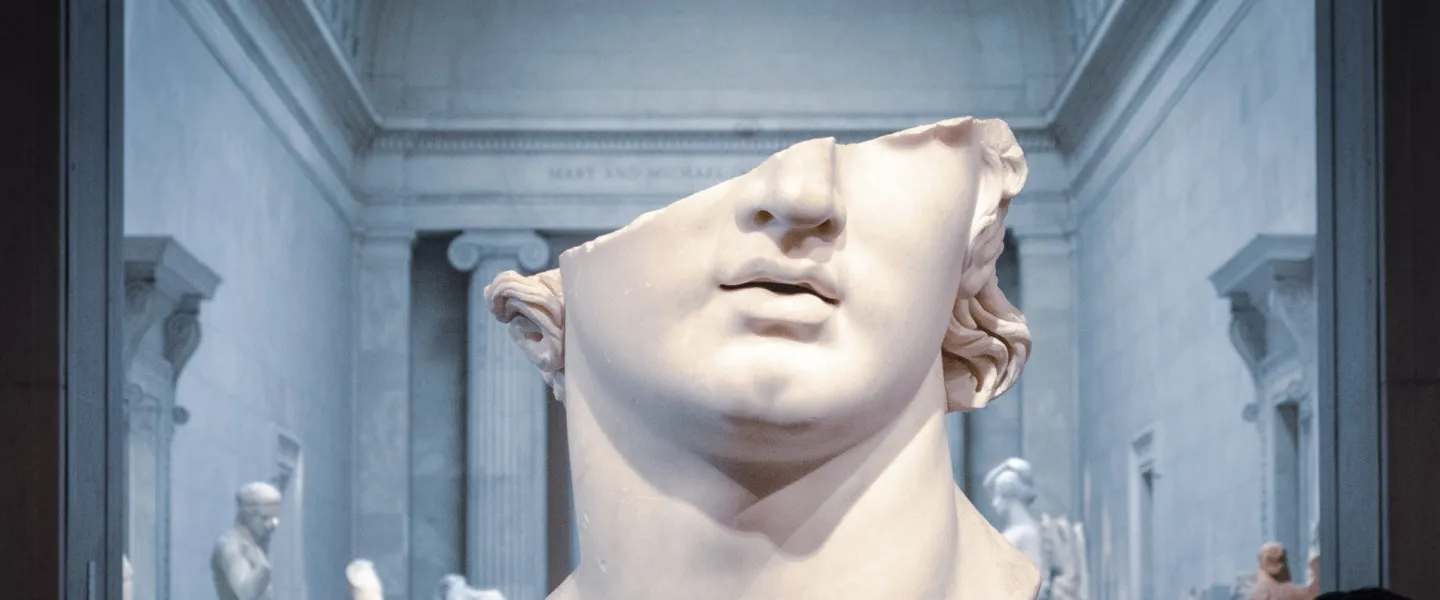From drama to democracy, from Shakespeare to the White House, from Botticelli to gender politics, our culture has been continuously inspired by its classical models. If you want to really understand the history of the last 3,000 years you need to start with the ideas that shaped it, and still shape it.
This course embraces literature, history, art and architecture, politics, law and philosophy - this is joined up culture and will give you a depth and breadth of knowledge not just about the ancient world but about your world too.
Units studied in Year 12 focus on the World of the Hero: Homer’s Iliad, the foundational work of western literature, is the story of the ultimate hero, Achilles. In Greek Drama students study three fascinating plays in translation – two tragedies (Oedipus the King and The Bacchae) and one comedy (The Frogs). These fascinating plays provide a window onto the turbulent world of fifth century Athens yet provoke discussion of eternal questions such as the importance of faith, fate and family.
Year 13 classical civilisation continues the study of the hero with Virgil’s Aeneid - the story of Rome’s origins, and of the Augustan age which produced it. The world of the individual focuses on Love and Relationships, and includes the study of Plato and Seneca and society’s view of gender and desire. Turning then from philosophy to poetry Sappho and Ovid provide an entertaining and often painfully realistic depiction of the ecstasy and agony of love.
Many universities, including Oxford and Cambridge recommend A-level Classical Civilisation for students intending to read Classics, Classical Studies or Ancient History, and a knowledge of the classical past is particularly useful for the study of history, English, politics, art and philosophy.
A-level Classical Civilisation does not require GCSE Classical Civilisation and does not involve the study of ancient languages, although a grade 7 grade in English Literature would be expected.
We are what we repeatedly do. Excellence, then, is not an act, but a habit
Aristotle
